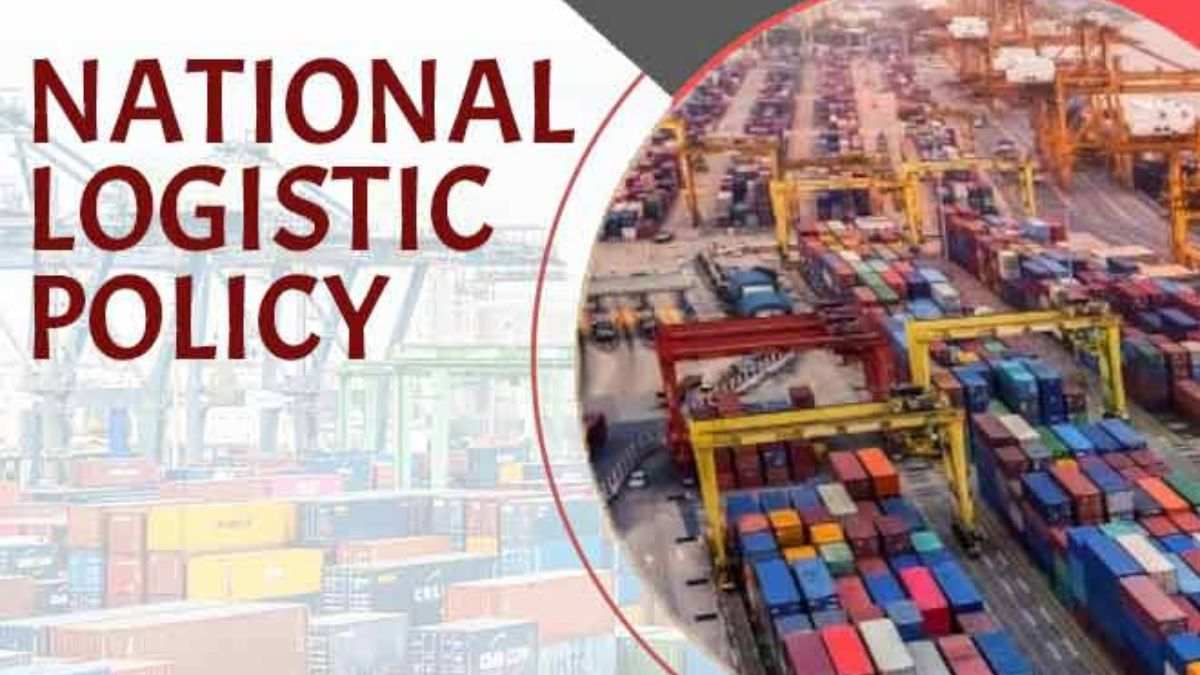
The logistics sector will significantly benefit from the National Logistics Policy : CEO of Teamlease Regtech
PUNE : The logistics sector is a vital component of any country’s economy. In India, the logistics industry plays a critical role in driving the manufacturing sector. However, dealing with numerous compliances has been a significant issue for the sector, which hampers its growth potential.
Recently, the Indian government introduced the National Logistics Policy (NLP) to tackle the challenges faced by the logistics sector. The policy aims to streamline various aspects of logistics, including transportation, warehousing, and inventory management. The goal of the National Logistics Policy is to bring ease of logistics, which will positively impact the sector’s growth and enhance the country’s economic growth.
According to Rishi Agrawal, CEO and Co-Founder of Teamlease Regtech, the logistics sector will significantly benefit from the National Logistics Policy.
He noted that the country is already starting to see the policy’s benefits.
“The NLP will comprise four major steps including integration of digital systems (IDS), unified logistics interface platform (ULIP) and ease of logistics along with the systems of improvement goods. So some of the work is already getting done, the country is already starting to see some benefit of it,” he said.
Agrawal explained that a single entity has to deal with multiple compliances in India, which makes it challenging to conduct business efficiently. However, with the National Logistics Policy’s introduction, the logistics sector can expect a more streamlined process, and the compliance burden will reduce.
The logistics industry is the backbone of India’s manufacturing sector.
“This industry is the backbone of the country’s manufacturing,” he said.
It enables the seamless movement of goods across the country and helps industries meet their demand and supply requirements.
Many industries, such as automotive, retail, and e-commerce, are heavily dependent on the logistics sector. Therefore, the National Logistics Policy’s positive impact will have a ripple effect on various industries and further strengthen India’s economic growth.
Agrawal believes that if the compliance burden on the logistics sector reduces, the contribution of the logistics sector to the country’s gross domestic product (GDP) will positively increase. This increase will be a result of reduced operational costs and better efficiencies, making the logistics sector more competitive globally.

